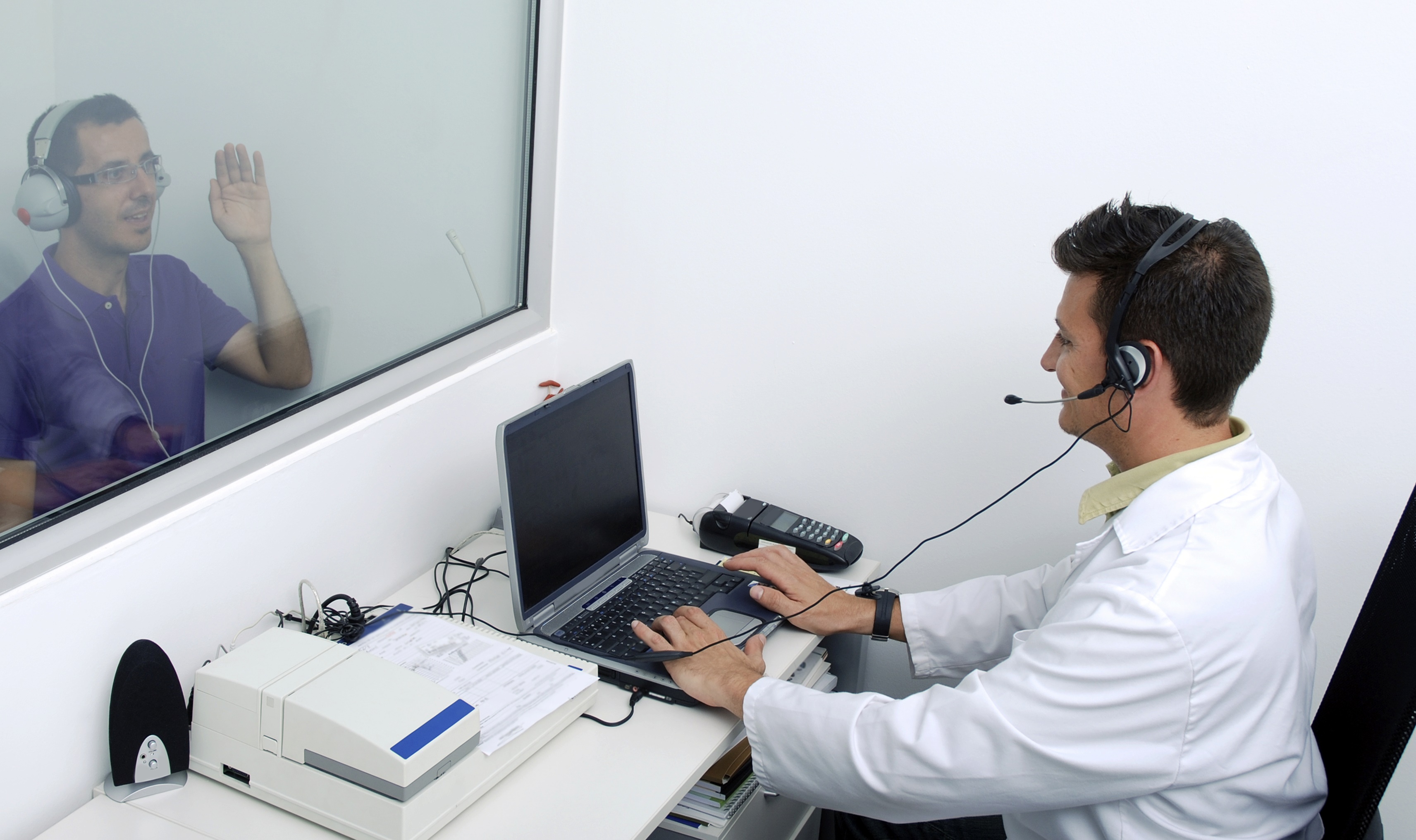
Congratulations on taking the preliminary step toward healthier hearing by scheduling your hearing test. You’re already ahead of the game, as many people delay getting a hearing test for several years—in some instances decades.
But now that you’ve scheduled your hearing test, you’ll want to ensure that you’re prepared for the visit, particularly if test results show that you could benefit from wearing hearing aids. Choosing hearing aids can be confusing, but if you ask the right questions, your hearing care professional can help direct you to the most suitable technology.
To achieve the best hearing you can, remember to ask these five questions at your upcoming hearing test.
1. What kind of hearing loss do I have?
Your hearing care professional will test your hearing using the most current technology, and the results of the test will be printed on a graph referred to as an audiogram. Make sure your hearing professional reviews the audiogram with you and explains:
- The form and severity of your hearing loss. High-frequency hearing loss is most common, and is further classified as mild, moderate, severe, or profound.
- How hearing aids will help, and if and why you’d need hearing aids for one or both ears. Hearing loss in both ears is ideally treated with two hearing aids, and the audiogram will show the results for both ears.
2. Which hearing aid is best for my needs?
Each patient’s hearing loss and hearing needs are unique. The more your hearing professional knows about your way of living, the better they can suggest the suitable technology.
If you’re particularly active, for example, you might give thought to the most up-to-date hearing aid technology with wireless functionality. If you don’t want all of the bells and whistles, however, a more practical alternative is probably a better fit.
3. What are my options for financing?
Next is everyone’s least popular topic—price. Although you should bear in mind that the benefits of hearing aids far surpass the cost (the monthly expense in most instances being less than the cable TV bill), the price can still seem to be high.
Several financing opportunities are available that can help cover the expense, although not all options are available to every individual. Nevertheless, you should consult with your hearing professional regarding some of these sources:
- private insurance (rare but worth inquiring about)
- Medicare and Medicaid
- VA benefits
- charitable organizations
- state programs
- financing options (special healthcare credit arrangements)
4. How can I most effectively adjust to my new hearing aids?
Once you’ve selected your preferred hearing aids and have had them expertly fit, you can return home and instantly hear perfectly without any complications, right?
Not exactly. As with anything new, you’ll need to have some time to adapt. You’ll be listening to sounds you haven’t heard for some time, your voice may sound unusual, and the fit of the hearing aid may feel awkward. This is perfectly normal and expected, and will resolve itself in a short amount of time. You just have to be patient.
Make sure your hearing professional gives you guidelines on how to best adapt to your hearing aids, including how to control them and how to learn the features.
5. How do I take care of my hearing aids?
Hearing aids are sophisticated and dependable devices that should operate reliably for years. Still, they do necessitate regular cleaning and care. Consult with your hearing professional about cleaning kits and procedures, storage solutions, accessories, and battery management.
In addition, it’s a wise decision to have your hearing specialist professionally clean your hearing aids a few times a year.
As you prepare yourself for your hearing test, remember that obtaining the best outcome requires:
- comprehending your hearing loss
- matching your hearing loss and lifestyle to the right technology
- finding an affordable solution based on your budget
- fitting and programming your new hearing aids
- adapting to and taking care of your hearing aids
With the assistance of your community hearing care professional—and by asking the right questions—you can assure the best results and a life of healthier hearing.
